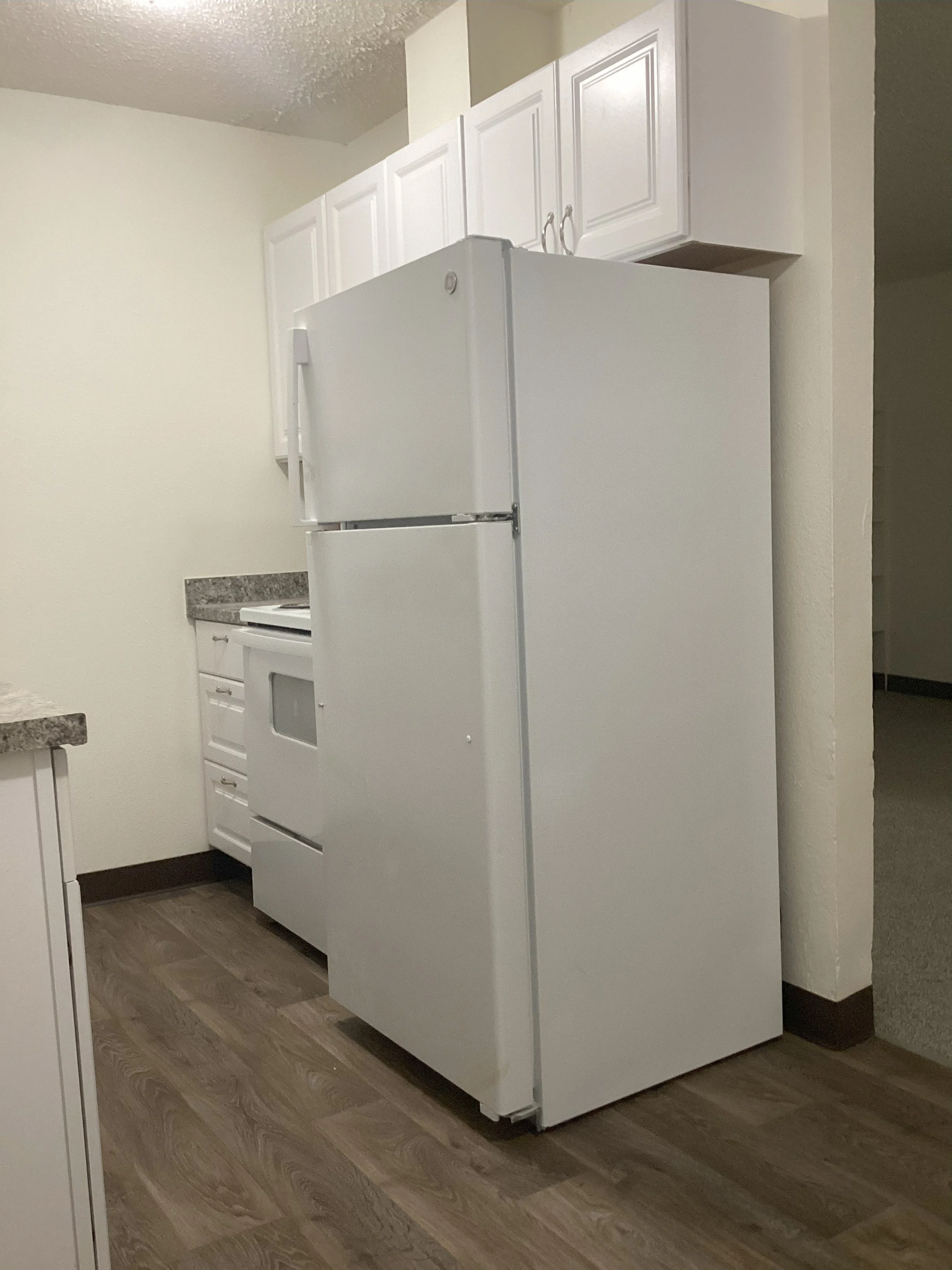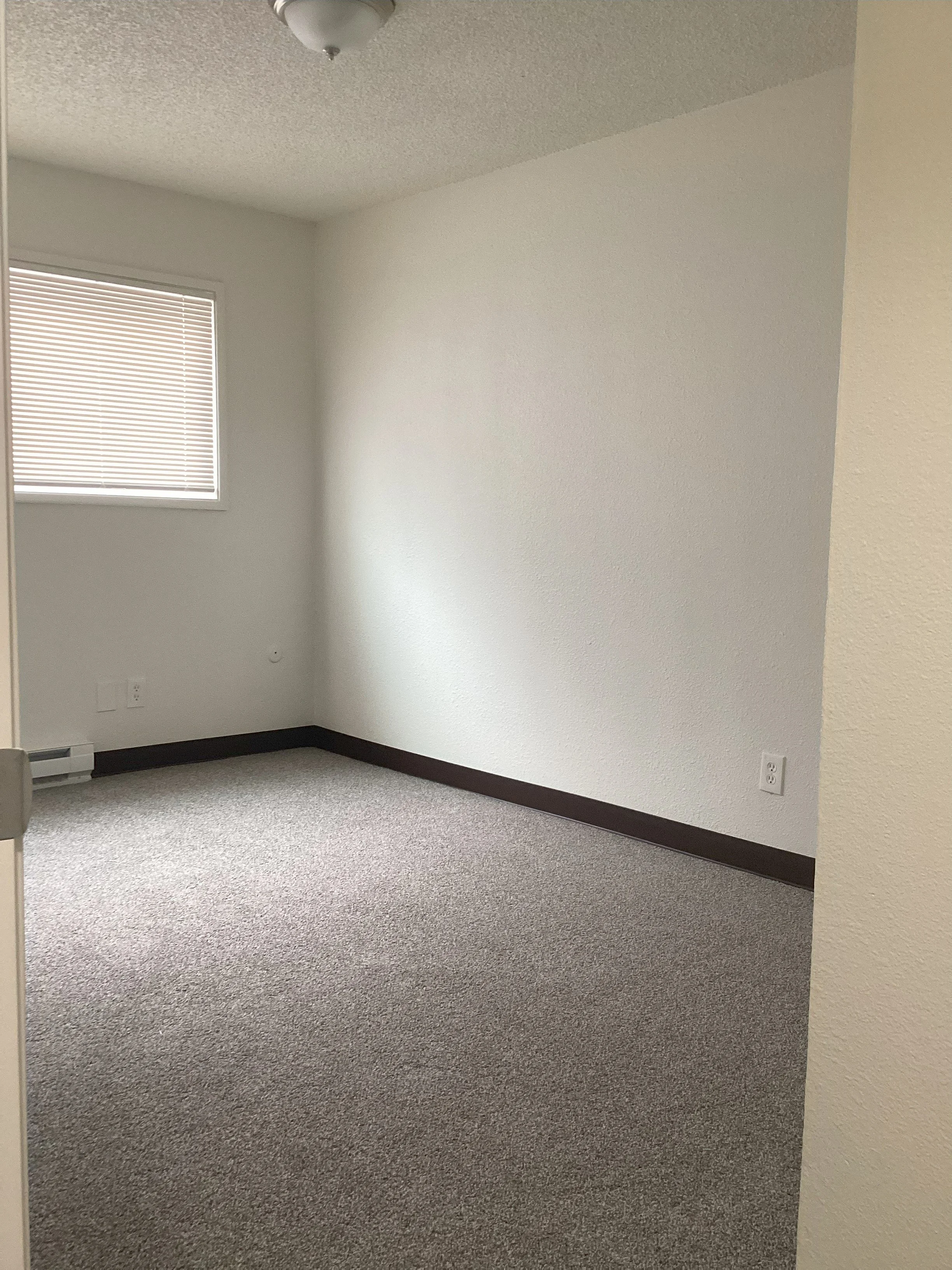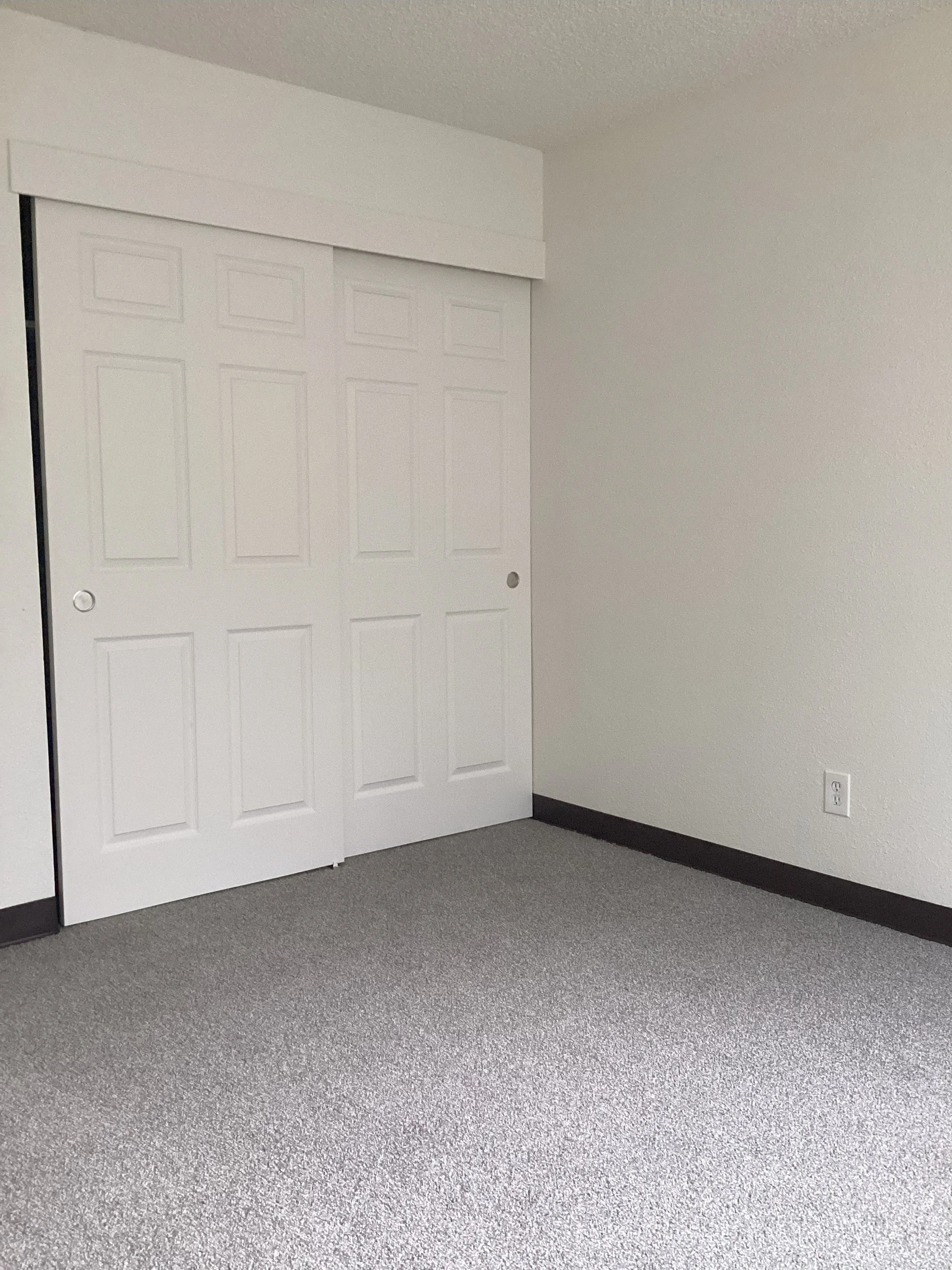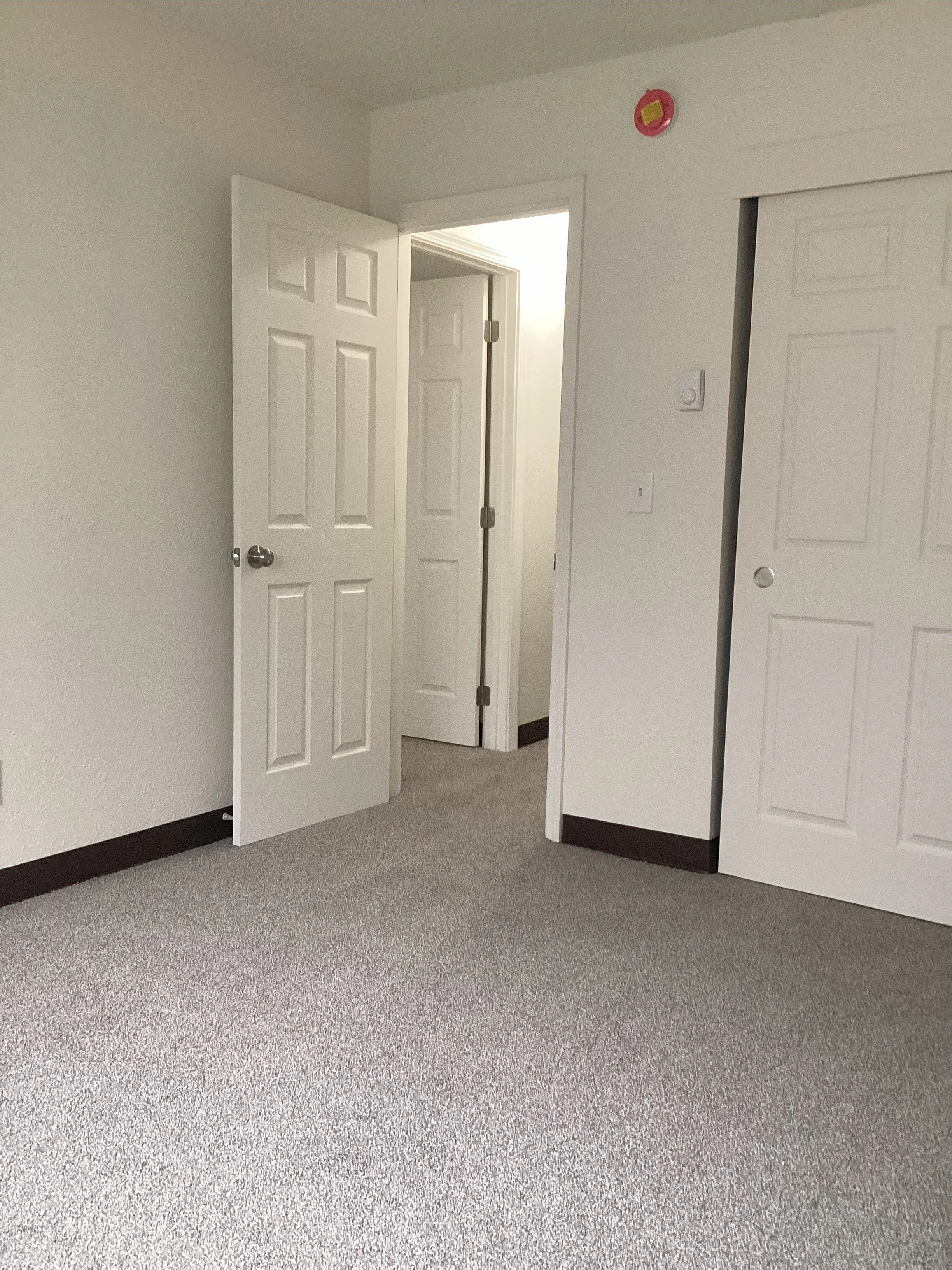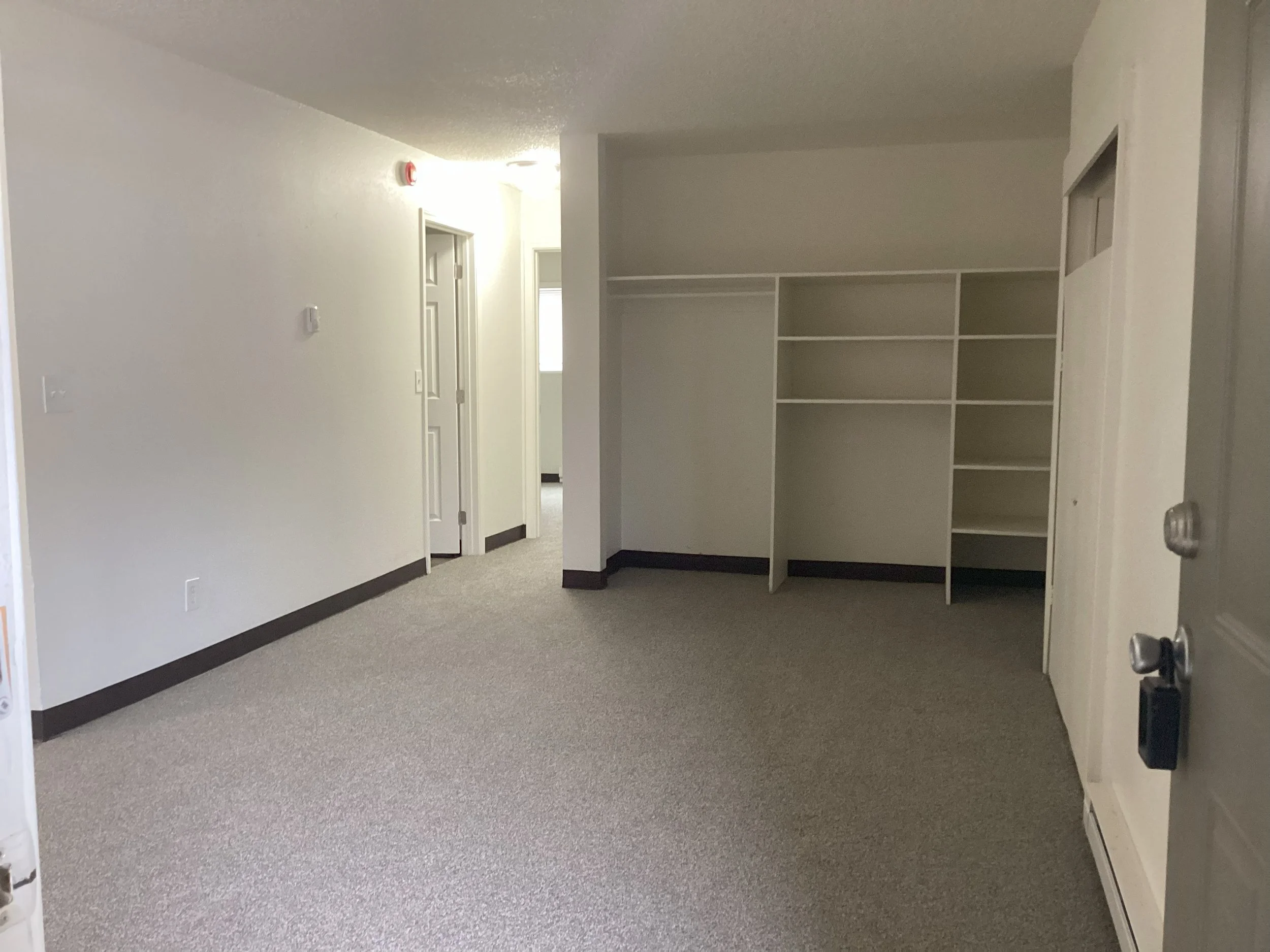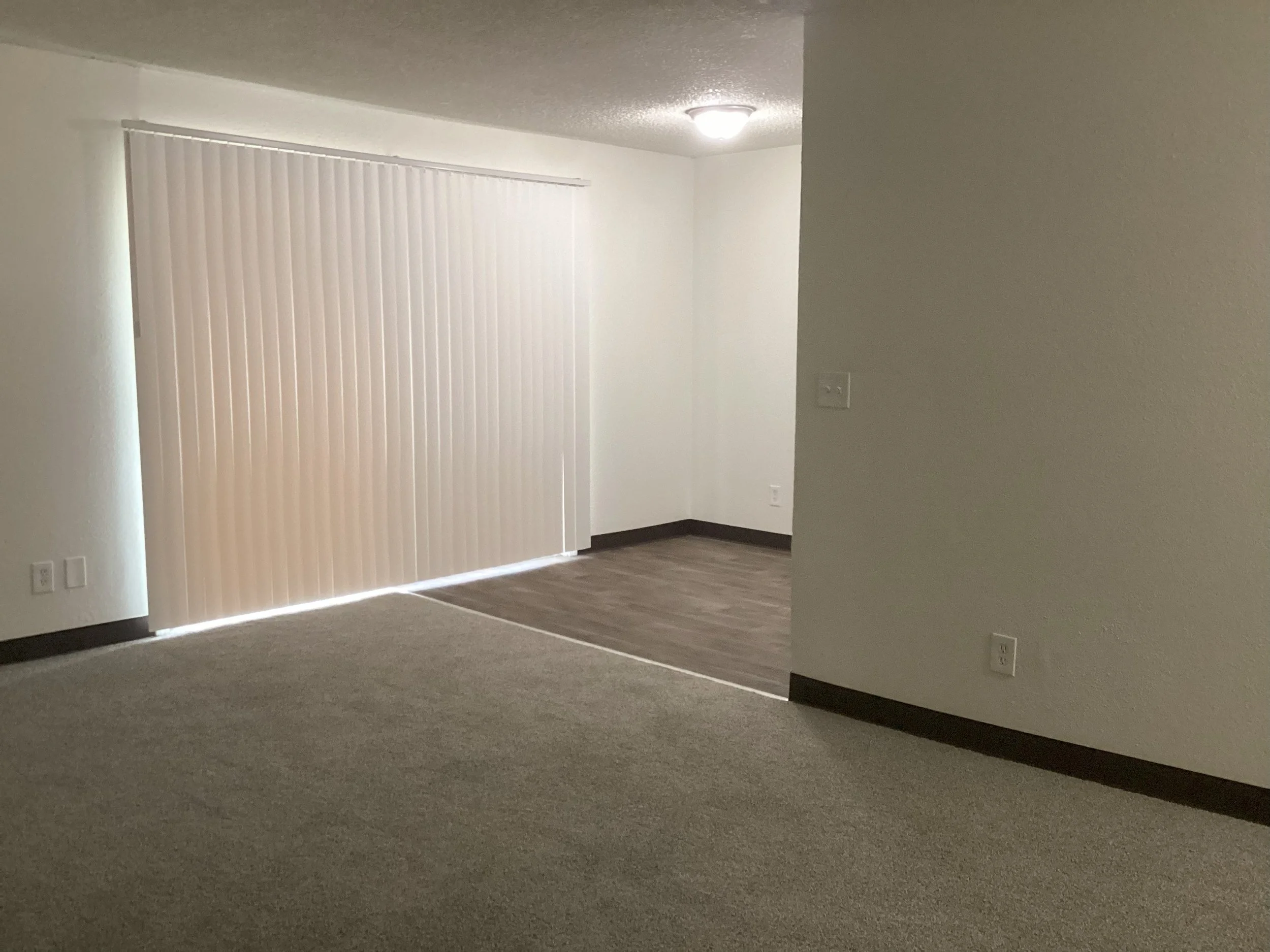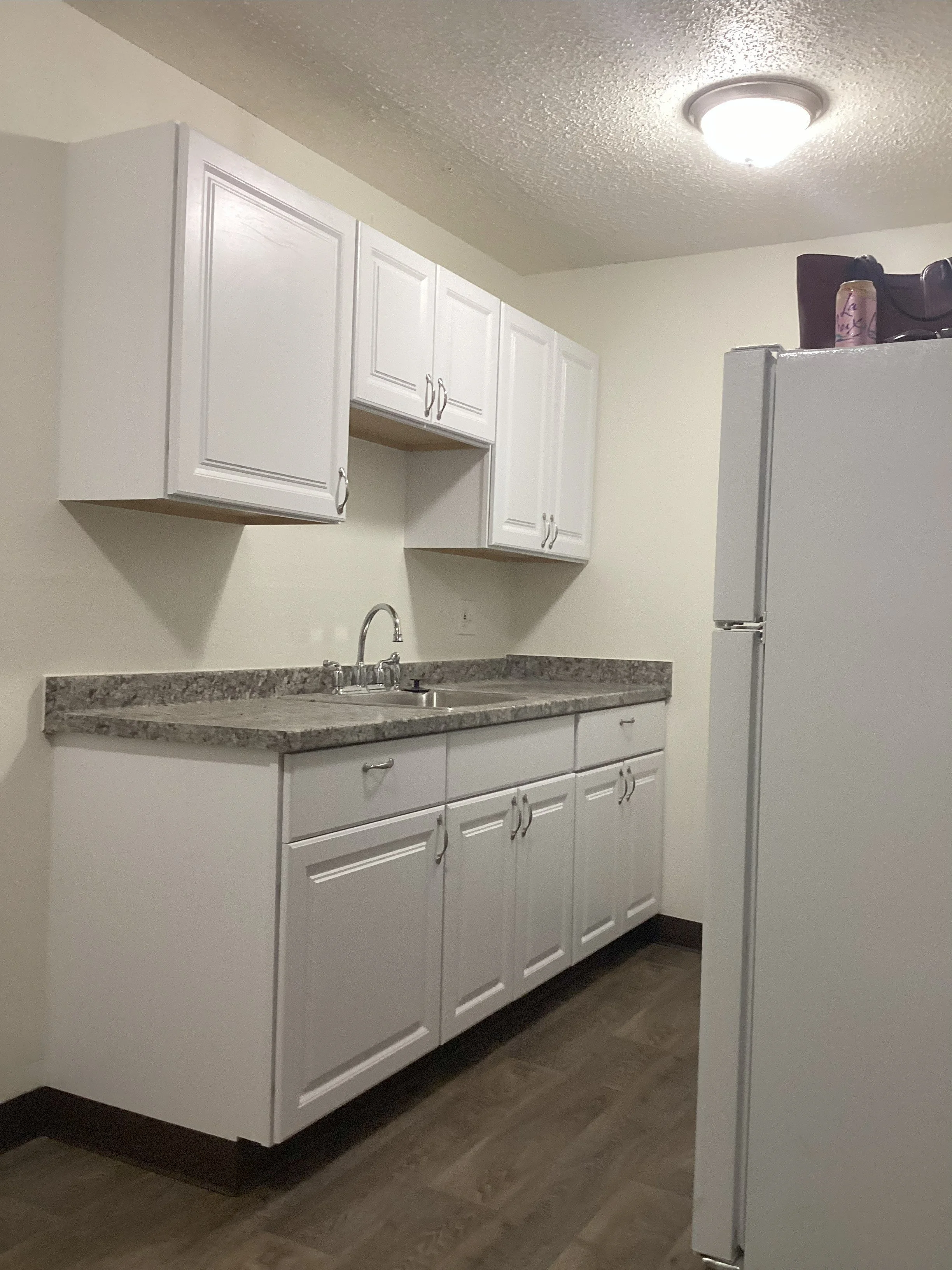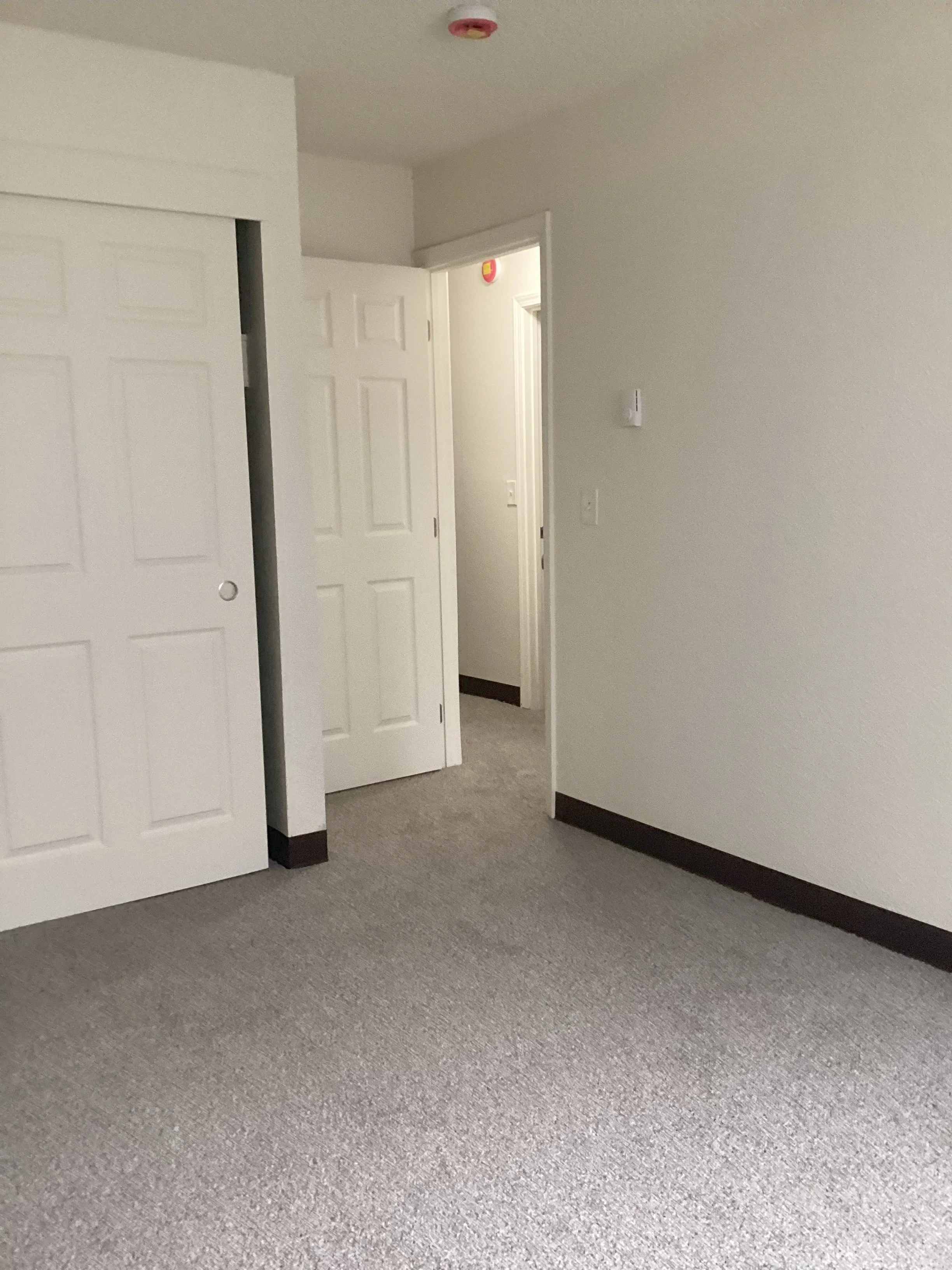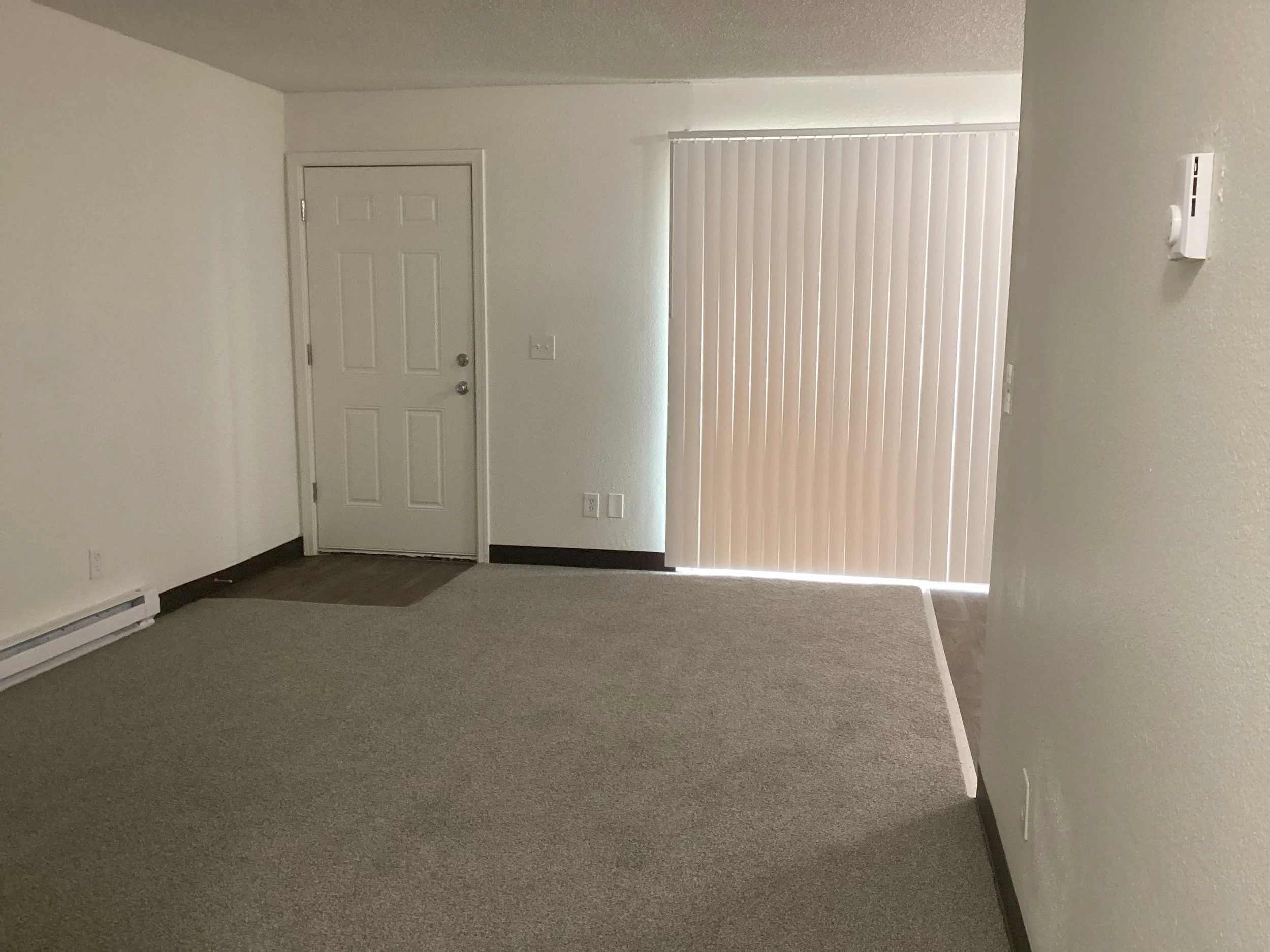Apartment Turnovers & CIPs: What Salem Property Managers Should Know
When it comes to rental property management in Salem, time is money and vacancy time is lost money. Every day a unit sits empty, it cuts into cash flow and raises carrying costs. According to the National Apartment Association, the average apartment turnover can cost property owners between $1,000 and $5,000 per unit, depending on the scope of work and labor costs involved (NAA, 2023). That’s why having a reliable general contractor who understands apartment turns and capital improvement projects (CIPs) is essential to keeping your properties profitable and your tenants satisfied.
Understanding Apartment Turnovers vs. CIPs
An apartment turnover is the process of preparing a vacant unit for the next tenant. These are short, focused jobs that prioritize speed and consistency. Typical turnover work includes painting, flooring replacement, fixture updates, deep cleaning, and minor repairs. The goal is to bring the unit back to market-ready condition within days, not weeks.
By contrast, a Capital Improvement Project (CIP) is a long-term investment in the property’s physical or operational infrastructure. A CIP can include new roofs, siding replacements, mechanical upgrades, or full common-area renovations. These projects often have longer planning horizons and higher budgets but deliver value over time by increasing asset life, tenant retention, and property value (HUD Exchange, 2024).
In short: turnovers keep cash flow moving; CIPs plan and grow your investment.
What Quality Turnovers Should Include
A quality turnover is more than a coat of paint. Property managers should expect a consistent process that includes:
Flooring repairs or replacement: Carpet, vinyl plank, or laminate that meets durability and safety standards.
Full interior repainting: Neutral color palettes that match community guidelines and reduce prep for future turns.
Fixture and hardware updates: Faucets, lighting, and handles that meet current tenant expectations for modern amenities.
Thorough cleaning and odor removal: Especially for pet-friendly units or long-term tenancies.
Functional inspections: Checking plumbing, electrical, and appliances to prevent early maintenance calls.
According to Buildium’s 2024 Property Management Industry Report, turnover quality strongly impacts tenant retention with nearly 60% of renters saying they judge property management quality based on move-in condition (Buildium, 2024).
Planning and Budgeting for Capital Improvement Projects
Capital improvements require a different mindset. They are multi-unit, multi-phase investments that often occur while tenants remain on-site. Common examples include:
Exterior improvements: Roof replacements, new siding, or structural repairs.
Common-area upgrades: Lobbies, laundry rooms, and shared outdoor spaces.
System modernizations: HVAC, plumbing, or electrical systems brought up to current efficiency codes.
Successful planning starts with a clear assessment of asset condition and lifecycle needs. Industry guidelines recommend setting aside 10–15% of annual gross rent for capital reserves to fund large-scale projects without compromising operating cash flow (IREM, 2023).
Phasing and scheduling are equally important. Contractors should coordinate work to minimize tenant disruption and meet local permitting requirements - a process PCG manages in-house for Salem-area clients.
Avoiding Mistakes in Turnovers and CIPs
The most common pitfalls for property managers include:
Choosing the lowest bid. Low-cost contractors often cut corners, leading to rework or warranty claims.
Poor coordination between trades. When painters, flooring installers, and cleaners overlap, timelines can double.
Skipping final inspections. Without a standardized punch list, small issues compound into major complaints post-move-in.
National data shows that rework can consume up to 9% of total project costs in multi-unit construction projects (Construction Industry Institute, 2022). Consistent quality control is the best prevention.
Vetting the Right General Contractor
When choosing a general contractor for apartment turns or capital projects, property managers should look for:
Active licensing and insurance in Oregon
Documented warranties and service guarantees
Strong community references
Experience in occupied-unit work and multi-trade scheduling
PCG differentiates itself through its local expertise in Salem’s rental housing market and its transparent communication process. The company handles everything from unit turnovers to multi-phase capital improvement projects with a focus on cost control and minimal downtime.
Case Snapshot: Salem Multi-Unit Exterior Renovation
PCG recently managed a large-scale capital improvement project (CIP) for an 80-unit apartment complex in the Salem metro area. The project included full exterior siding replacement, new decking and rail systems, and upgraded gutters.
Throughout construction, occupancy remained above 80 percent, allowing the property owner to maintain consistent rental income while achieving major exterior improvements. Since completion, the community has reached 95 percent occupancy, with measurable gains in curb appeal, tenant satisfaction, and long-term ROI potential.
Apartment Turns and CIPs - The Right Path For You
Apartment turnovers and CIPs are the backbone of sustainable property management. Understanding how to plan, budget, and execute these projects effectively turn high vacancy rates into steady cash flow.
If you’re managing rental properties in Salem and need a dependable general contractor, Providence Construction Group offers local experience, licensed crews, and project management built for property owners who value both speed and quality.

